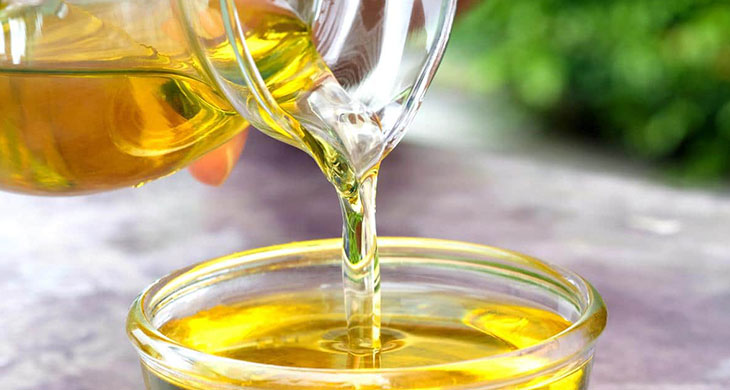The Basics and Benefits
Choosing the right cooking oil can be vital when adopting healthy eating habits. Cold-pressed oils have become a sensation among the options available today; they are indeed treasures when it comes to nutrition and flavor
But – “What differentiates cold-pressed oils from their common counterparts, and is there a notable difference in calorie content? “What Are Cold Pressed Oils About?
Cold-pressed oils are simply extracted by pressing the fruit or seed without applying heat or chemical solvents during the extraction process. Therefore, the method of extraction prevents the loss of the natural aroma, flavor, and nutritional value of oils, as well as their antioxidants and healthy fats. Common cold-pressed oils are Mustard, olive, coconut, Sunflower, and flaxseed oil.
Nutritional Benefits of Cold-Pressed Oils
- Rich in Antioxidants: Cold pressing preserves the antioxidants in oils, which protect against oxidative stress and inflammation.
- Higher in Vitamins: These oils often retain more vitamins than are lost in high-temperature extraction methods.
- Better Fat Quality: Cold-pressed oil is richer in beneficial monounsaturated and polyunsaturated fats that promote good heart health.
- No Harmful Admixture: All those through cold pressing are pure because they do not involve chemicals; hence they lack potentially harmful residues from the solvent.
Calorie Comparison
It’s a common notion that cold-pressed oils are lower in calories than refined oils. Such is not the case; identical amounts of fatty acids enter the calorie bank of oils, even if one was cold-pressed, the other from refined sources.
Most oils have about 120 calories in a tablespoon, whether cold-pressed or not. The main difference is not in calories but in the types and quality of fats, as well as other nutrients.
Why Should One Go for Cold Pressed?
- Flavor and Purity: Cold-pressed oils have a wonderful flavor and aroma, which can improve all dishes without needing artificial additives.
- Health Benefits: Maintained healthy fats, antioxidants, and vitamins make cold-pressed oils a heartier choice for the overall health of consumers.
- Environment: Cold-pressed oils could also be less polluting than oils that are produced in large volumes.
- No Harmful Additives: These oils do not contain potentially harmful residues of solvents as the cold pressing process does not involve chemicals.
Use of Cold-Pressed Oils in Your Diet
Cultivated oils are healthier but should be used cautiously because they are high in calories. Cold-pressed oils are best drizzled on salads or used for cooking at low heat to maximize the retention of their nutritional value. Alternating between different types of cold-pressed oils can also provide a diverse range of fatty acids and nutrients.
For health benefits, taste, and purity, cold-pressed oils are unrivalled. They might not offer any calorie benefits over refined oils, but the health advantages they possess make them a better choice for health-conscious consumers.

